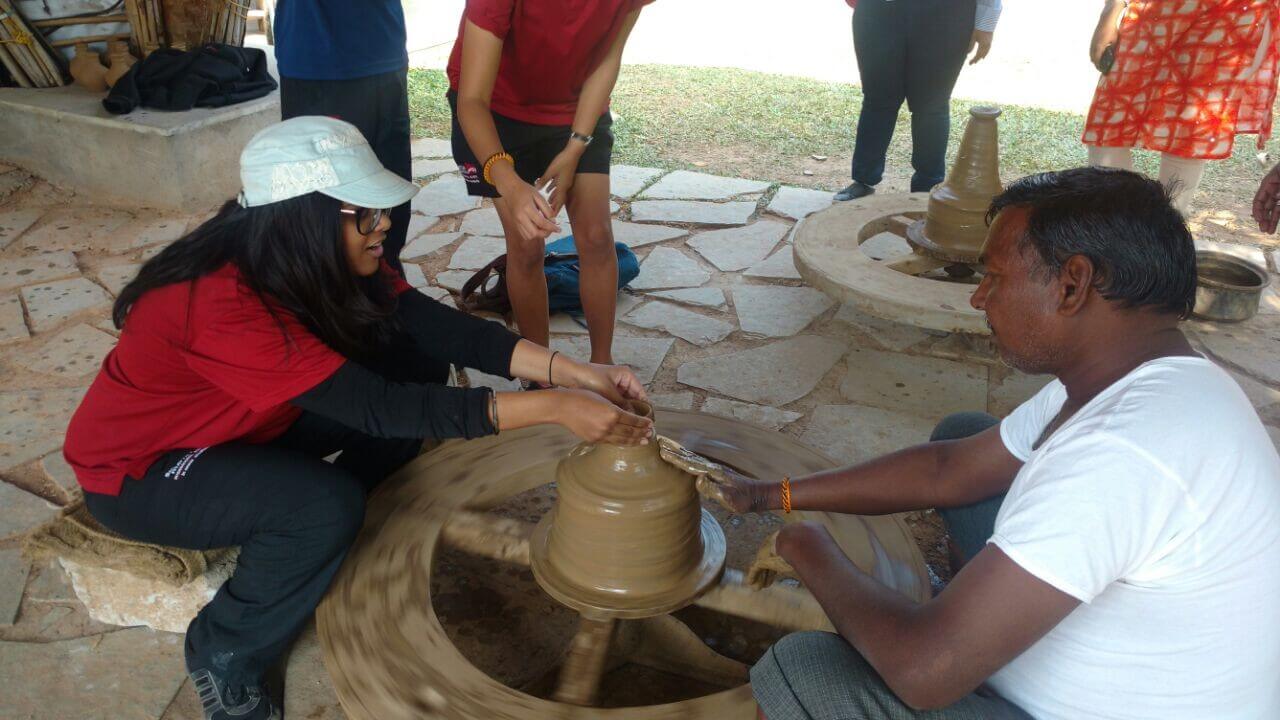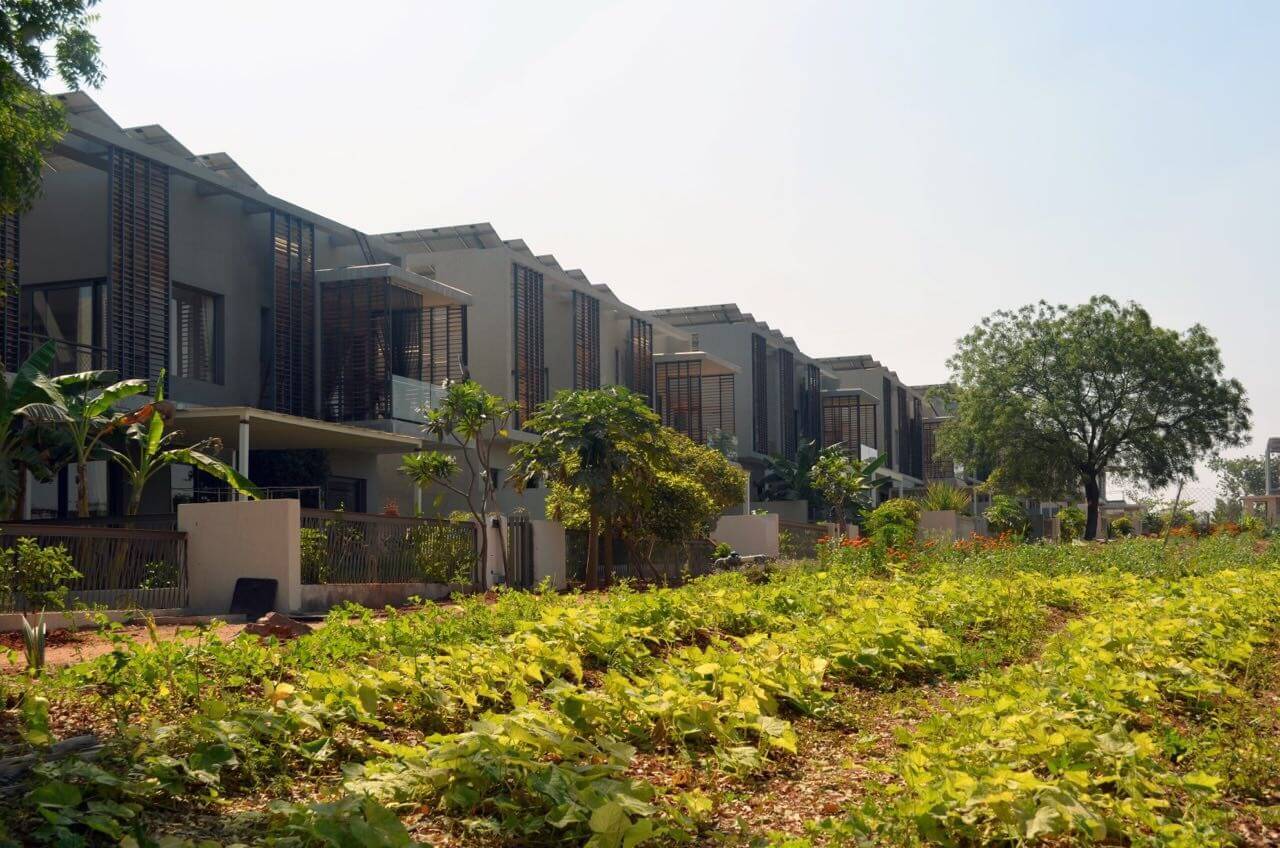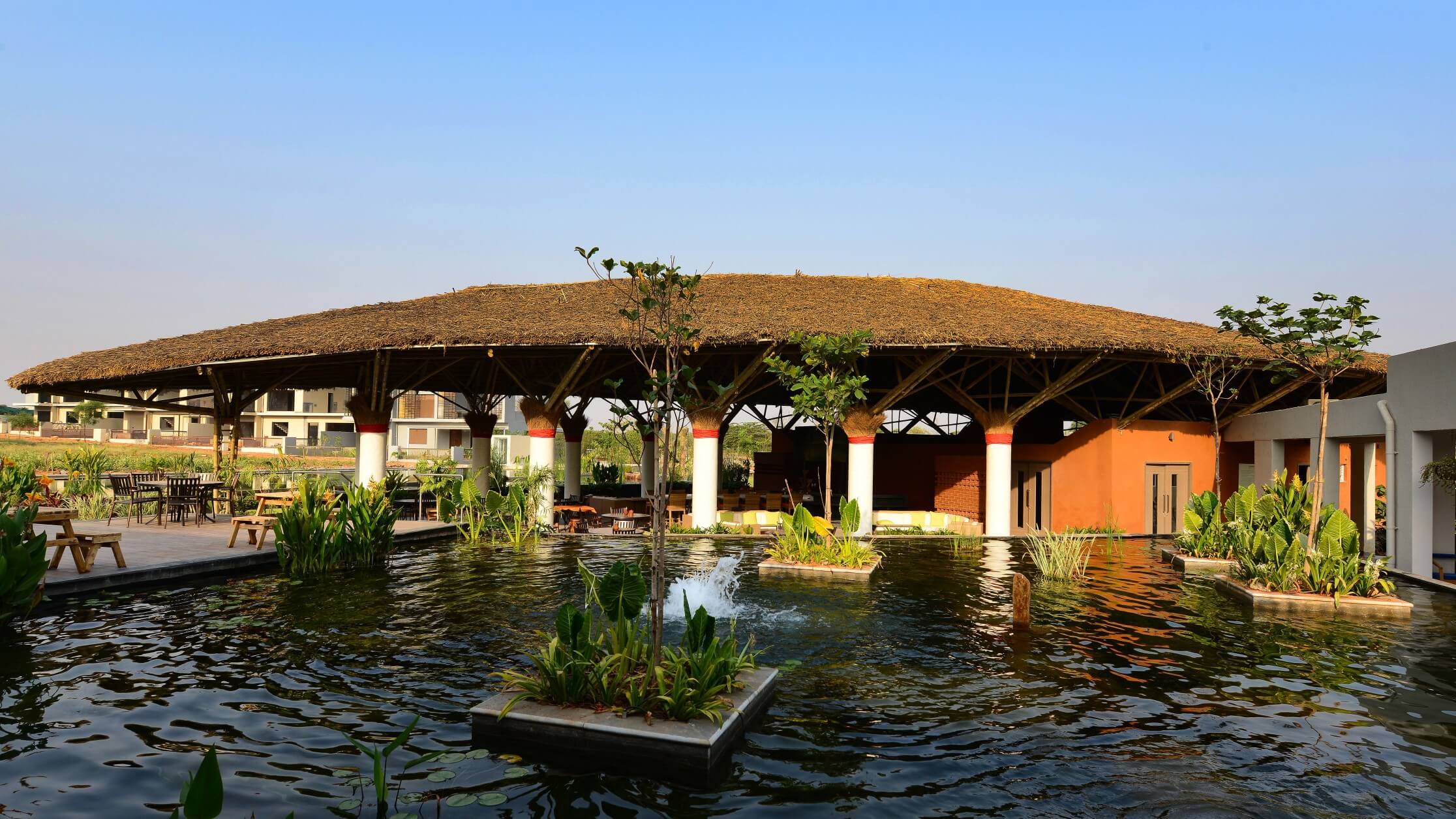
MATHAN RAMAIAH
Director of Design at FHD ConsultantsThe future of the hospitality industry in an emerging country like India has extraordinary potential and an equal measure of challenges. In the Hi-Aim convention, the FHD Consultants had a chance to present our views on this subject and to bring the discussion on some alternative ideas that could steer towards new typologies for creating inclusive hospitality destinations.
To unravel the need for a new typology, we have to mindfully look at the largest user Consultants in the hospitality and their changing lifestyle patterns.
The Millennials… who are:
- Well-traveled and fairly adventurous
- Digitally well connected through social networks
- Very communicative and willing to voice their opinions and share them publicly
- Having a strong urge to contribute to social causes
- Sympathetic to environmental issues
- Highly conscious of health and body
- Higher work stress levels
- Looking to inculcate traditional values in their children and keep them rooted
- Believe more in gender equality
- Tend to take multiple shorter breaks during a year to refresh
Looking at the hospitality models available, the Majority of the hotels primarily focus either on an urban setup that is introverted islands with amenities like pools, play areas, manicured green space, etc. or in remote pristine places with a more natural outdoor environment and possibly larger amenity areas.
A trip to either of these typologies is typically a highly preplanned and costly affair. The stress of planning a vacation itself seems daunting most of the time.
The question we set out to answer was to look for an alternative where a destination like this is not an escape plan but can be more of a consistent lifestyle. Something that Millennials will like to invest their TIME on more than money. Can there be a hospitality destination that is easy to access for urbanites, sensible in terms of cost, and can it be a socially inclusive model engaging people in its vicinity to create a micro-economy to make it more sustainable?

First, to be successful as a viable destination, the project should be within a short driving distance from the city (30-45mins). It reduces logistics and encourages people to repeat such trips.
Secondly, the environment/setting should be something that is easily available or creatable and utilitarian…yet exotic.
Agricultural lands at the city fringes perfectly fit the bill. In India presently agricultural land is reducing at an alarming rate around urban areas and there is the constant shift of farmer families to other professions in the city as farming itself has been pushed to be unsustainable. If there are other modes of income possible for them, would farms and farmers be pushed out of urban economics? Can developers USE these as farms rather than converting their land use for real estate needs? Can the farmer who has this fantastic view of a green environment actually find a way to enjoy it, share it and create an income stream for himself? As architects can we create prototypical ‘Rurban’ models?
Today there are not more than 100 farm stays available in India. Most of them are either family-run entities with a very small footprint or small resorts with some farming activity as an aside for entertainment. In both cases, the amenities and rooms are treated very rustic and generally low on design value and cost.

To make this model more mainstream, the FHD Consultants and Organo have developed a fully sustainable, off-grid development that is designed to be as much a community as a hospitality destination. It is within Hyderabad’s metropolitan limit and is built on a 50-acre property.

Organic Farming forms the heart of the development. The units surrounding it can be owned independently and operated centrally. Involving local farmers for farming needs ensures a larger network of farms that work together to make the farming produce more wholesome. The community becomes a regular training space for farmers to meet and cross-pollinate their experiences and learnings.

Using eco-sensitive and rustic materials in a contemporary design language is critical to making such a destination refreshing and relevant to today’s spirit. Bamboo in that sense has come a long way to becoming a wonderfully sustainable material that is both beautiful and versatile to create large structures.
What if we could look at this as a hospitality trend for a larger local community? To create a circuit instead of an isolated project. We are designing easily buildable cluster rooms that can be done by farmers with bamboo and offer alternate stay options. This makes the hospitality model inclusive and more robust to attract revisits.

